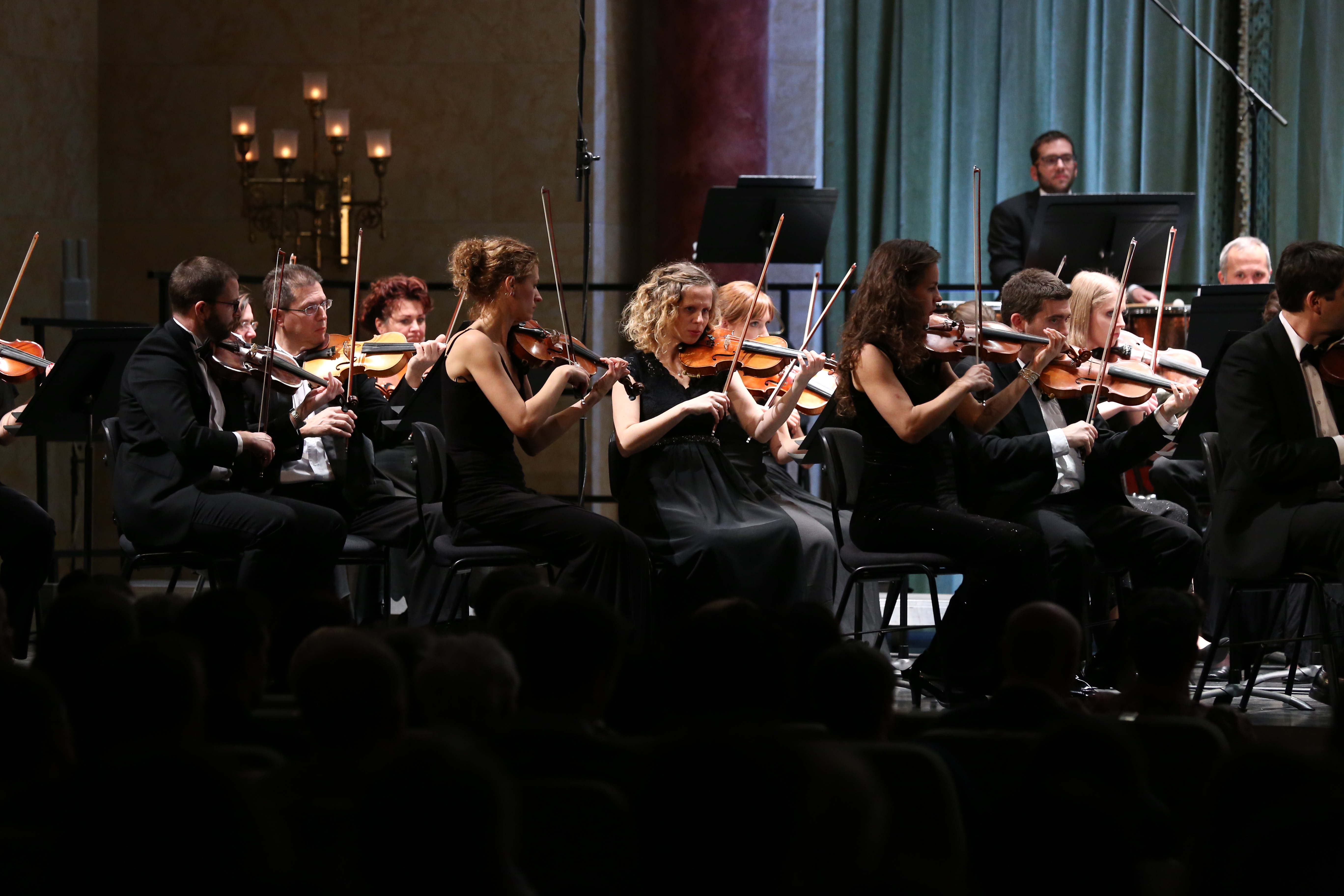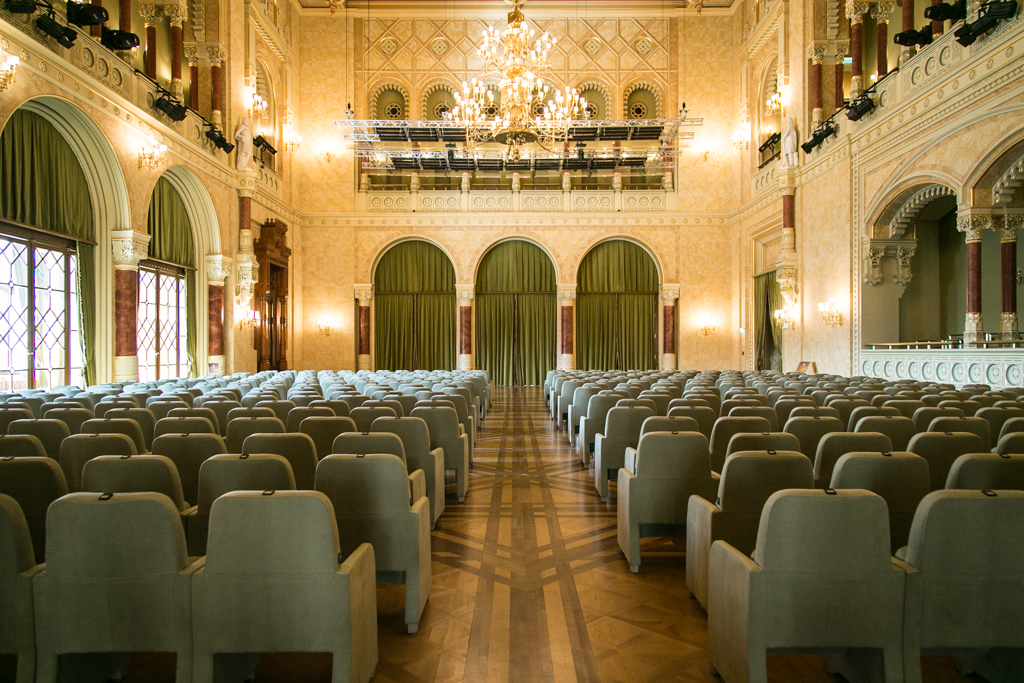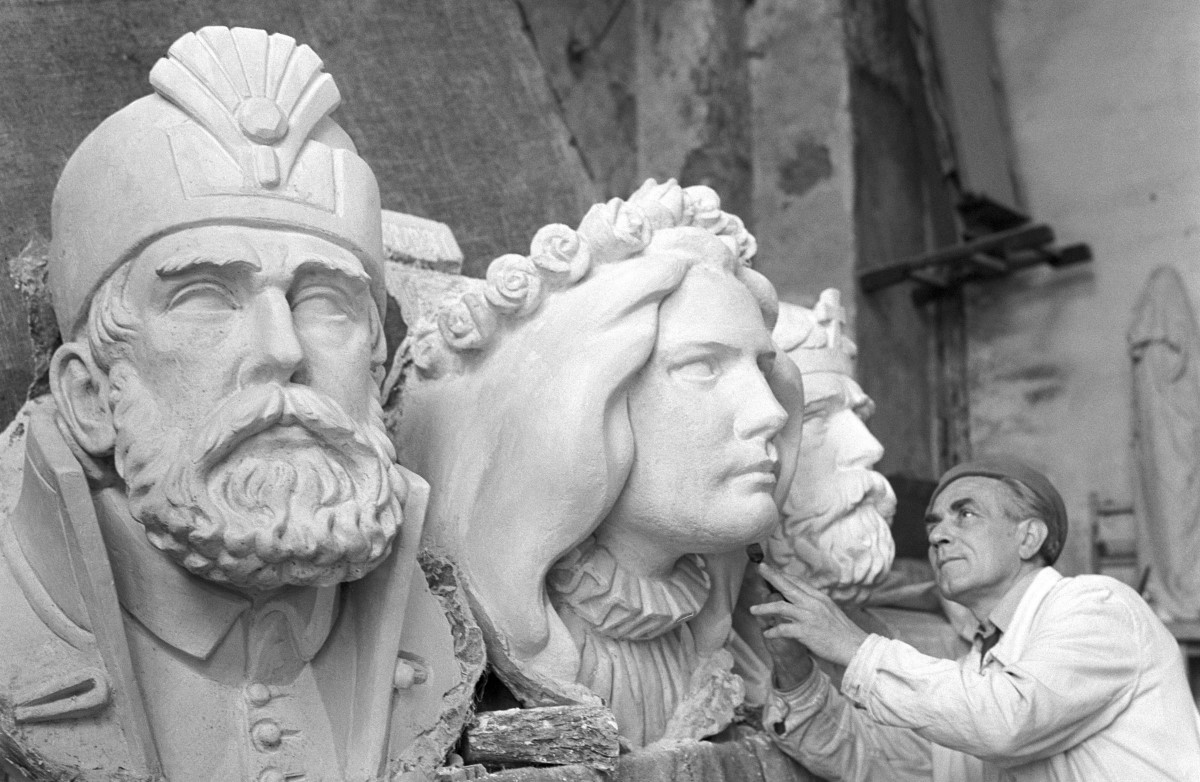
Ticket prices
Program:
Franz Schubert: Rosamunde – Ballet music
Béla Bartók: Viola Concerto, with: Boglárka Szűcs
Leó Weiner: Toldi – Symphonic Poem
Conductor: János Kovács
During his short life, Austrian composer Franz Schubert (1797-1828), whom Franz Liszt called the most poetic composer, wrote over 600 songs, 9 symphonies and numerous sonatas in addition to chamber works, operas, overtures and other musical pieces. Schubert is credited with being the last figure of the Viennese Classic and the first great master of Romanticism.
Even if the ballet Rosamunde turned out to be a hopeless flop, Schubert’s music was received with sympathy both by the audience and contemporary newspapers. His success was so enormous that – just like in the case of his musical composition The Trout – even apprentices whispered his tunes. The composer was quick to react to this great success and within a few weeks the piece Rosamunde Quartet was written, which imports the well-known and catchy tunes of the ballet. The ballet Rosamunde’s Overture, which was not composed to accompany the music of the ballet, also started its own musical career: Schubert simply reused the overture of his Die Zauberharfe (The Magic Harp), which was doomed to failure.
Sometimes the ballet’s stage music is played in full, but the more often played excerpts of the ballet – including the Overture – are among the favourites of concert-goers, and these excerpts are always happily and thankfully received.
The world-famous Scottish violist William Primrose requested Hungarian composer Béla Bartók to write a viola piece in the winter of 1944. Bartók, who so far had not composed any music for viola, disliked the idea and hesitated about accepting the request for a long time. At that time, the common attitude musicians adopted towards violists was: “those will become violists who will not make good violinists”. Probably because of this, there is no denying that formerly musical compositions for violas were quite scarce.
To dispel Bartók’s doubt about this musical instrument, Primrose invited Bartók to attend one of his concerts: Bartók could not eventually come to the concert due to his illness, but after having listened to the performance through the radio, he eventually accepted Primrose’s request. After a series of correspondence with Primrose, in his letter of 8th September 1945 to the violist, Bartók informed Primrose that his composition had nearly been completed and that there was only the “purely mechanical work” of instrumentation to be finished.
One of the most outstanding composers of the conservative school of 20th century Hungarian music, composer Leó Weiner was, above all, an excellent music educator, who taught several generations of musicians during his 50-year-long music career. He was an unpretentious man without any artistic airs, who trained all of the outstanding virtuosos graduating from Hungary’s Liszt Academy including Antal Doráti, György Solti, Jenő Ormándy, Lajos Kentner, Andor Földes, Ede Zathureczky, Sándor Végh, János Starker, as well as members of the Hungarian String Quartet and Bartók String Quartet. He was not interested in anything but music: his whole life revolved around teaching and composing. There was only one sport he pursued: he regularly played chess. His persona is surrounded by numerous anecdotes, which have come to be called “weineriadas” in professional circles.
Leó Weiner’s principal work is his symphonic poem entitled Toldi composed in 1952. This piece is in fact not one single work but comprises 12 symphonic poems: all of the 12 cantos of the Hungarian poet János Arany’s works were composed music for. Weiner’s piece is a classic example of musical tone painting, which feature gives this musical work a character of accompanying music. The composer elaborated on the plot of the cantos in a detailed way and he even addressed the smallest elements of the plot in his music. He did such a meticulous job that, thanks to the descriptive power of his music, the narrative poem seems to be screened in front of our very eyes while we are listening to his composition.
Organizer: Zuglói Filharmónia
Ticket prices
Event location





